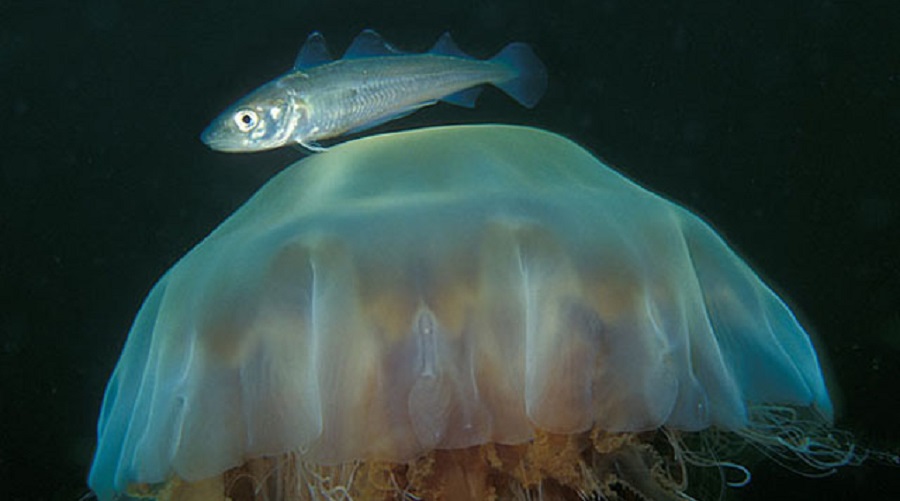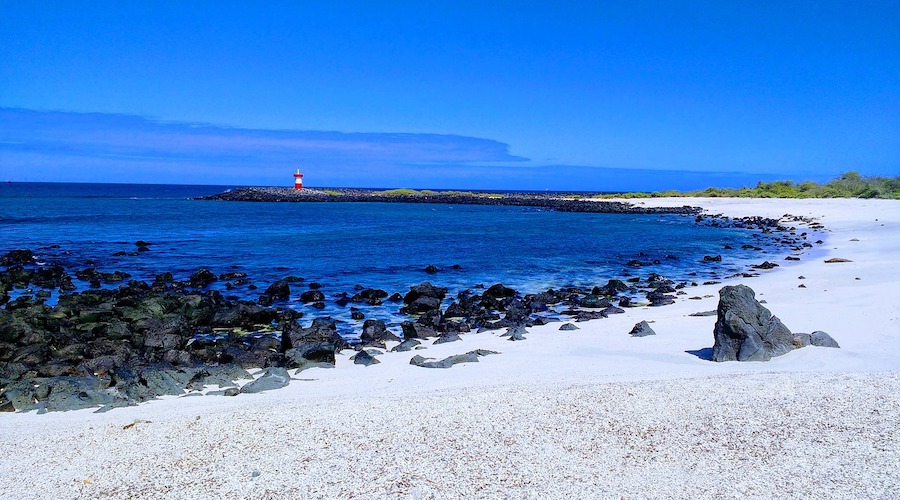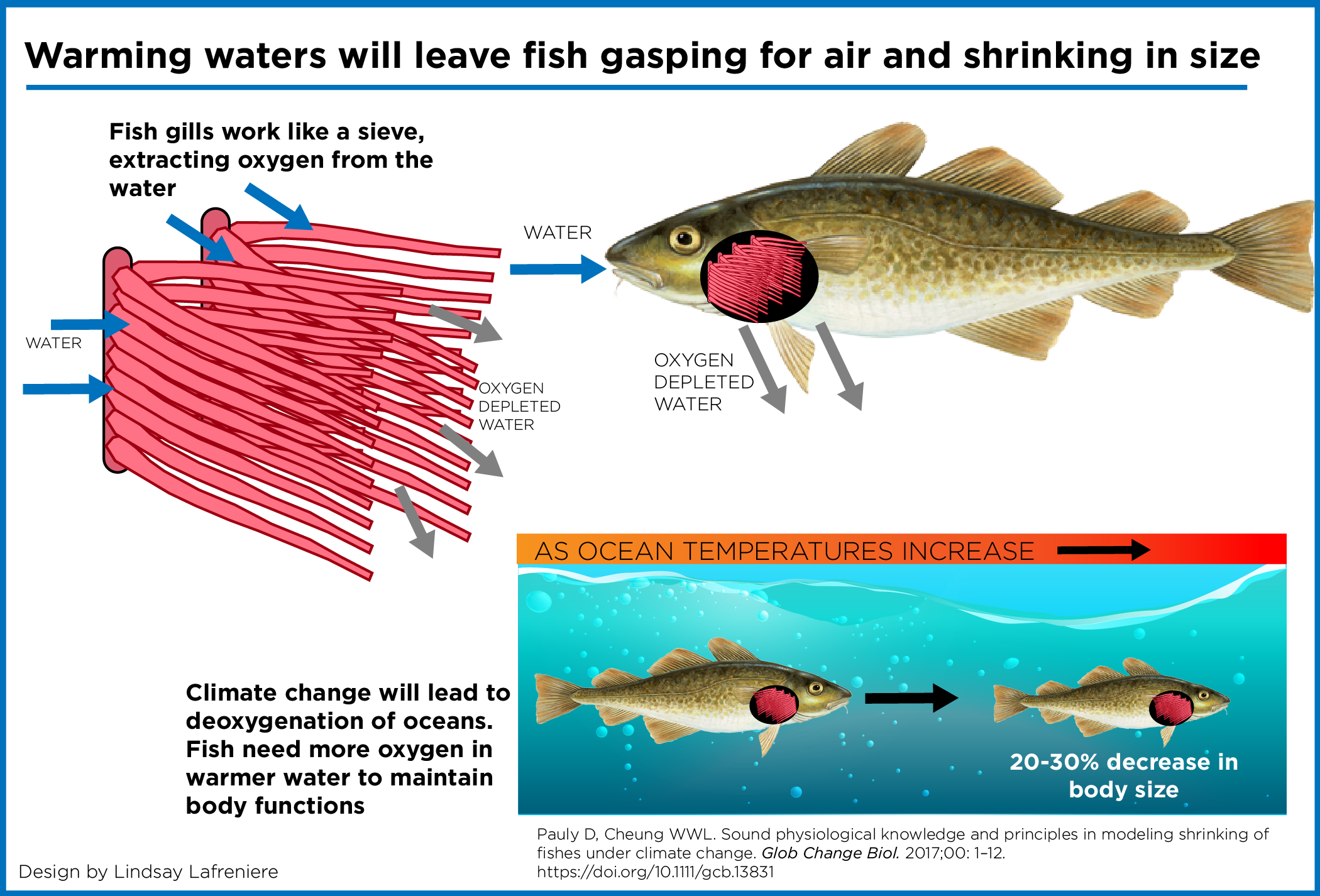The Sea Around Us principal investigator, Dr. Daniel Pauly, and Advisory Board Members, Drs. William Cheung and Rashid Sumaila, have been listed among the most highly cited investigators worldwide in 2024 by Clarivate Analytics.
Tag: William Cheung
Groundfish barely feel the impact of marine heatwaves – showing there’s still time to act on climate change

Whiting is among the demersal fish found in the eastern North Atlantic Ocean. Photo by Borut Furlan, taken from the website of our sister project FishBase.
Fish that live on or near the seafloor -known as demersal or groundfish- barely feel the impact of marine heatwaves, according to new research that highlights the need to keep seas from warming further.
William Cheung among top 20 climate scientists according to Reuters
William Cheung, Director of the Changing Ocean Research Unit at UBC’s Institute for the Oceans and Fisheries and Associated Faculty at the Sea Around Us, is among the top 20 climate scientists in the world according to Reuters Hot List.
This accomplishment by Dr. Cheung is based on 176 publications that have received nearly 11,000 citations. His research has been conducted with 713 co-authors, notably Rashid Sumaila and Daniel Pauly, the researchers with whom he has collaborated the most.
Reuters’ ranking system also mentions that he has received
11 grants totaling $2.4 million.
Galápagos as a living laboratory for the Anthropocene

Galápagos. Image by averno_ph, Needpix.
An international team of researchers led by experts at the Charles Darwin Foundation and with the collaboration of the Sea Around Us principal investigator, Daniel Pauly, and William Cheung, from the Changing Ocean Research Unit at UBC’s Institute for the Oceans and Fisheries, just published a commentary in Nature Climate Change proposing the idea of Galápagos as a living laboratory for the Anthropocene.
Warmer waters from climate change will leave fish shrinking, gasping for air
Fish are expected to shrink in size by 20 to 30 per cent if ocean temperatures continue to climb due to climate change.
A new study by researchers at the University of British Columbia updates previous estimates published in 2013 and provides a deeper explanation of why fish are expected to decline in size.






